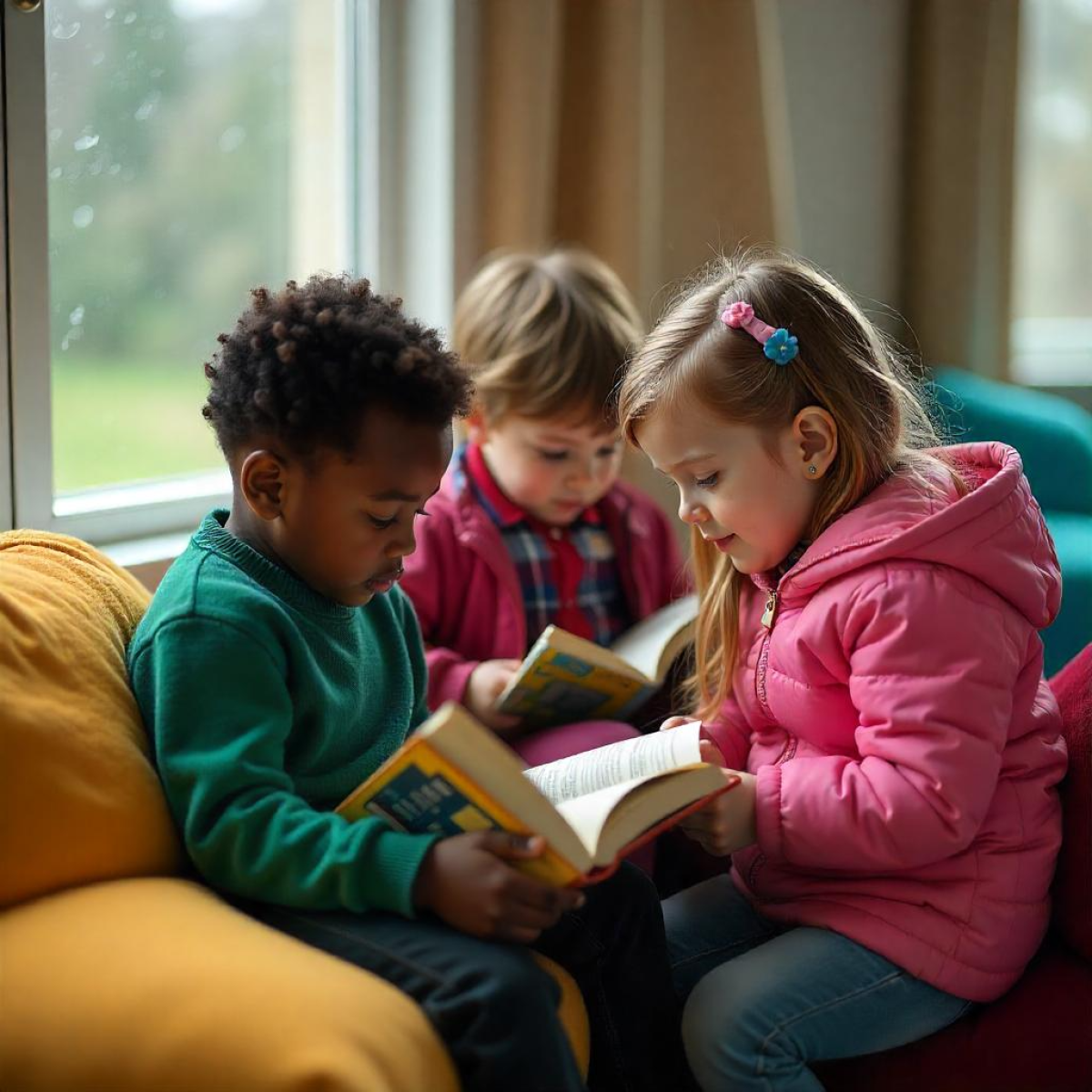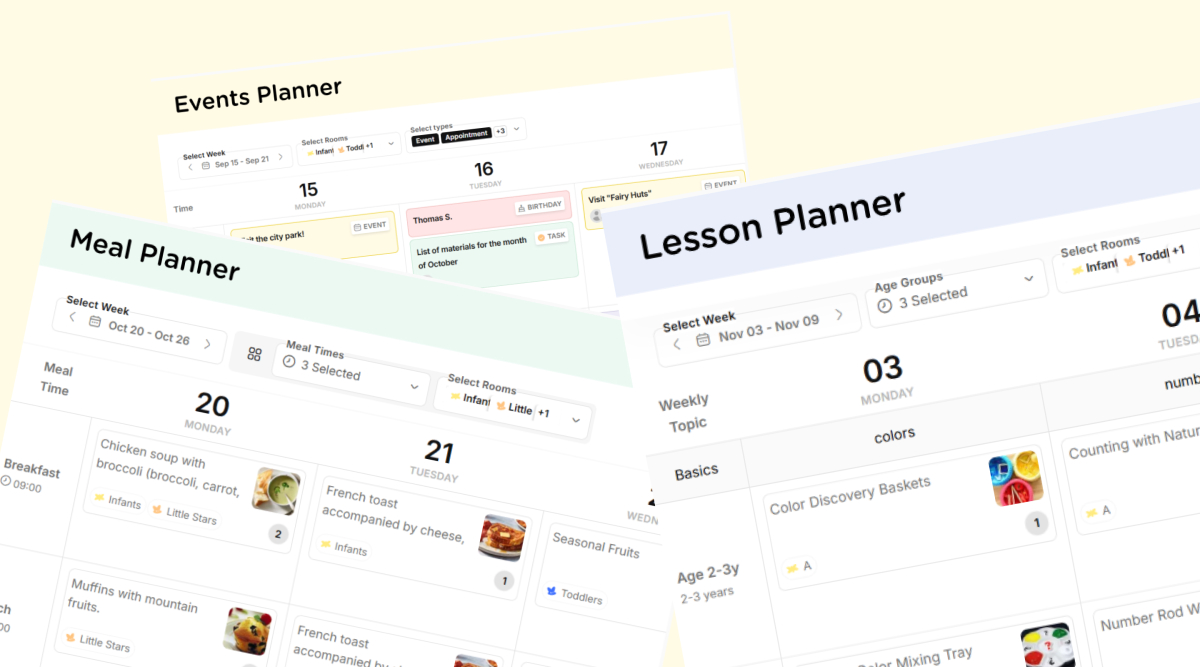Group meetings with parents are an excellent opportunity to build strong connections between administrators, educators, and families, while sharing important information about children’s development. However, these meetings can sometimes become long and tiring. One way to make this process more enjoyable and engaging is by incorporating different activities that involve parents and create a more relaxed, collaborative atmosphere. Here are some fun game ideas that can be included during parent meetings to make them more engaging and productive:
- “Who Am I?” – Icebreaker Game
To kick off the meeting with a warm atmosphere, you can organize the “Who Am I?” game. Each parent writes an interesting fact about themselves that others don’t know (it can be something fun or a special skill) and sticks it to their forehead. Participants ask yes-or-no questions to figure out what the fact is. This is a great way to foster a friendly environment and learn more about each other. -
“A Day in the Life of a Child” – Role-Playing Game
This game encourages parents to step into the shoes of children and describe their typical day at daycare. They can imagine common activities such as eating, playing, and creative tasks. This helps parents understand their children's experiences better and creates more empathy. -
“Spot the Differences” – Visual Attention Game
To exercise attention and memory, create a situation where parents have to identify the differences between two similar images that may depict different daycare settings. This game engages the mind and can create a relaxing yet challenging atmosphere. -
“Truth and Lies” – Communication Game
Each parent shares two things about themselves—one true and one false. Participants have to guess which one is true. This game provides a chance to learn more about individuals and creates a warm and humorous atmosphere. -
“Creative Collaboration” – Object-Based Game
To encourage collaboration and creativity, provide a few simple objects (such as cardboard boxes, paper scraps, glue, etc.) and ask parents to create something for the children, like an activity they can use at daycare. This helps parents think of different ways to nurture their children's creativity. -
“Signing Wishes” – A Game of Wishes for the Children
Each parent writes a wish for their child (e.g., “I wish for them to develop good communication skills”) and shares it with the group. This is an opportunity to reflect on the parents’ hopes and desires for their children's development and to have an open discussion about expectations.

-
“Who Can Do It Faster?” – Coordination Game
For a fun moment, you can organize a game where parents must perform simple tasks within a limited time, such as passing a ball between them without using their hands or creating a play prop for the children. -
“Activity Roundup” – Creative Game
Each parent receives a small piece of an image (e.g., a picture of children playing) and is responsible for describing an activity that would take place in their part of the image. This helps everyone engage and contribute to creating a full picture of a happy day for the children at daycare. -
“Skills Matching” – Reflection Game
This game requires parents to identify the skills needed for various daycare activities. For example, they could connect drawing activities with children’s creative skills and motor development. This game offers a chance to discuss how children’s development can be better supported through different activities. -
“News Calendar” – Planning Game
This game is great for organizing upcoming activities for the children. Parents can create an activity calendar for the children, marking events, parties, and special activities. It’s a great activity to engage them in planning and ensure they are an active part of the daycare community.
Fun and collaborative activities like these are excellent ways to engage parents and ensure that group meetings are both productive and enjoyable. By including games, parents can not only learn more about their children and their development but also build strong connections with each other, making the collaboration process even more valuable.








